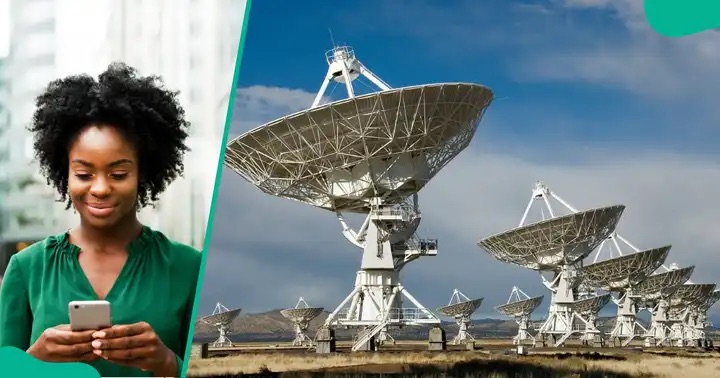MTN Group, a leading telecommunications provider in Africa, is preparing to enter the satellite internet market, directly challenging Elon Musk’s Starlink. This move marks a significant step in Africa’s connectivity landscape, as MTN aims to leverage satellite technology to expand internet access to remote and underserved areas.
Unlike Starlink, which operates through low-Earth orbit (LEO) satellites and focuses on a direct-to-consumer model, MTN plans to integrate its satellite services with its existing mobile and fiber-optic networks. This approach could provide a more comprehensive solution, combining affordability and reach to serve regions where traditional infrastructure is inadequate .

MTN’s entry highlights the growing competition in the satellite internet sector, particularly in Africa, where connectivity remains a major challenge. Starlink, which has been operational in Nigeria and other African countries, offers high-speed, low-latency internet but comes with limitations, such as the high cost of satellite kits and weaker indoor coverage. These factors could make MTN’s approach more appealing, especially in areas where affordability and integration with existing mobile services are crucial .
MTN’s satellite internet initiative aligns with its broader goals of enhancing digital inclusion and bridging the connectivity gap across the continent. The service is expected to target areas with little to no terrestrial connectivity, providing solutions for both individual consumers and businesses. Additionally, MTN’s established presence and infrastructure across multiple African countries could give it a logistical advantage over Starlink, which operates independently of local telecom networks.
As the two companies vie for dominance, this competition is likely to drive innovation and lower costs, ultimately benefiting African consumers. The rivalry underscores the importance of satellite internet as a transformative tool for achieving digital inclusion and improving economic opportunities in the region .